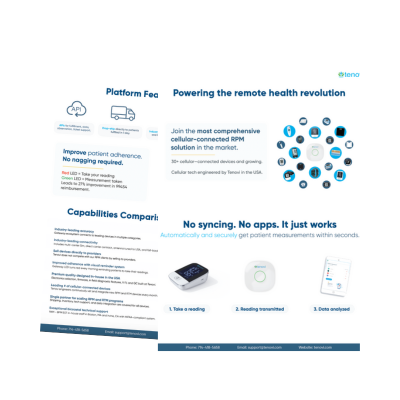Chronic illness management often centers around vitals, medication adherence, and clinical intervention, but this week, we’re highlighting a lesser-known factor: “psychological flexibility.” According to research, it plays a critical role in quality of life, resilience, and long-term outcomes. In this article, we explore how psychological flexibility in chronic illness can improve care and what a new study reveals about its impact.
What Is Psychological Flexibility in Chronic Illness?
Psychological flexibility is a person’s ability to stay connected to health goals or daily activities even in the face of discomfort, pain, or emotional distress. In chronic illness, that might mean adhering to treatment and medication plans, engaging in physical activity, or social support, despite the presence of fatigue, anxiety, or setbacks.
Acceptance and Commitment Therapy (ACT), a behavioral therapy model that enhances psychological flexibility, has shown promise across multiple chronic conditions, from chronic pain and fibromyalgia to diabetes and cancer. Recent studies show that higher levels of psychological flexibility are linked to better functioning and higher quality of life in people with long-term health conditions.
Online ACT Intervention and Chronic Disease Outcomes
A 2025 study published in the Journal of Behavioral Medicine found that increases in psychological flexibility significantly mediated improvements in quality of life for adults with chronic health conditions. Participants in the study engaged in a six-session online ACT program. Those who developed greater psychological flexibility reported better quality of life at four-week follow-up.
Although the study didn’t find a direct link between psychological flexibility and functional improvements, it does add to growing evidence that psychological flexibility is a critical factor in managing chronic illness. By helping patients adapt to symptoms, stay engaged in care, and maintain a sense of purpose, psychological flexibility is becoming a meaningful target for improving both mental health and overall outcomes across a range of chronic conditions.
Psychological Flexibility Across Chronic Conditions
The benefits of psychological flexibility in chronic illness management are not limited to one diagnosis. Studies have found that:
- According to another study among adults with chronic pain, greater psychological flexibility reduced depression and improved daily functioning—even when pain intensity remained high.
- In patients with fibromyalgia, psychological flexibility moderated the severity of symptoms, particularly in moderate cases.
- Systematic reviews support ACT’s role in improving quality of life across conditions such as HIV, epilepsy, and cancer where self-management plays a central role.
- Taken together, these findings show that psychological flexibility in chronic illness directly influences physical health outcomes. It’s a measurable, trainable skill that affects how patients respond to symptoms, follow treatment plans, and manage day-to-day demands of chronic disease.
Psychological Flexibility Belongs in Remote Health Programs
Remote health solutions are designed to help patients manage vitals, symptoms, and medications from home. Patients also need the psychological capacity to persist with care routines, adapt to challenges, and stay mindful of their values even when setbacks occur. Embedding psychological flexibility through ACT-informed reminders or micro-interventions alongside remote vital monitoring may benefit patients over time by not only tracking your blood pressure, for example, but also offering personalized coaching on how to respond when symptoms flare.
Additional tools such as the CompACT (Comprehensive assessment of Acceptance and Commitment Therapy processes) are already validated for chronic illness populations and may soon inform how healthcare professionals can tailor support through digital health platforms.
Understanding Psychological Flexibility in Chronic Illness
Psychological flexibility reduces symptom-related distress and improves quality of life, making it a valuable tool in chronic care. For health teams using remote monitoring, it complements physiological tracking by addressing the psychological and behavioral side of self-management. Integrating psychological flexibility into remote care strategies bridges the gap between data collection and real behavior change.
Want to learn more about how Tenovi supports chronic disease management? Explore our remote monitoring solutions with a free demo.


